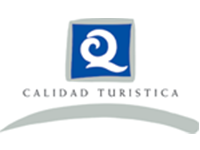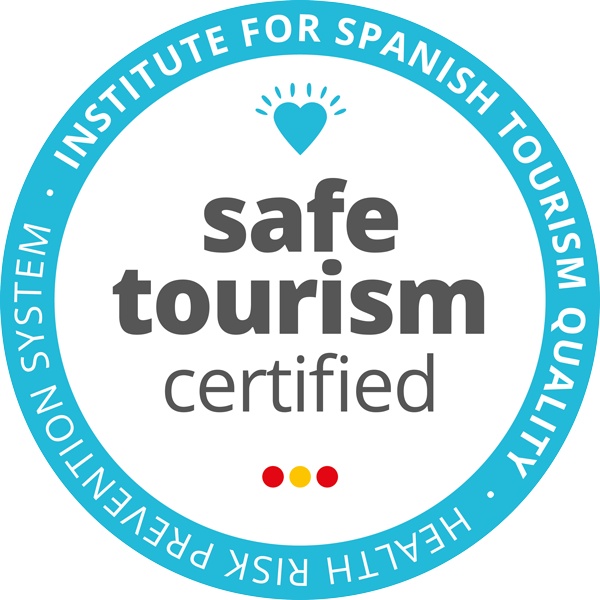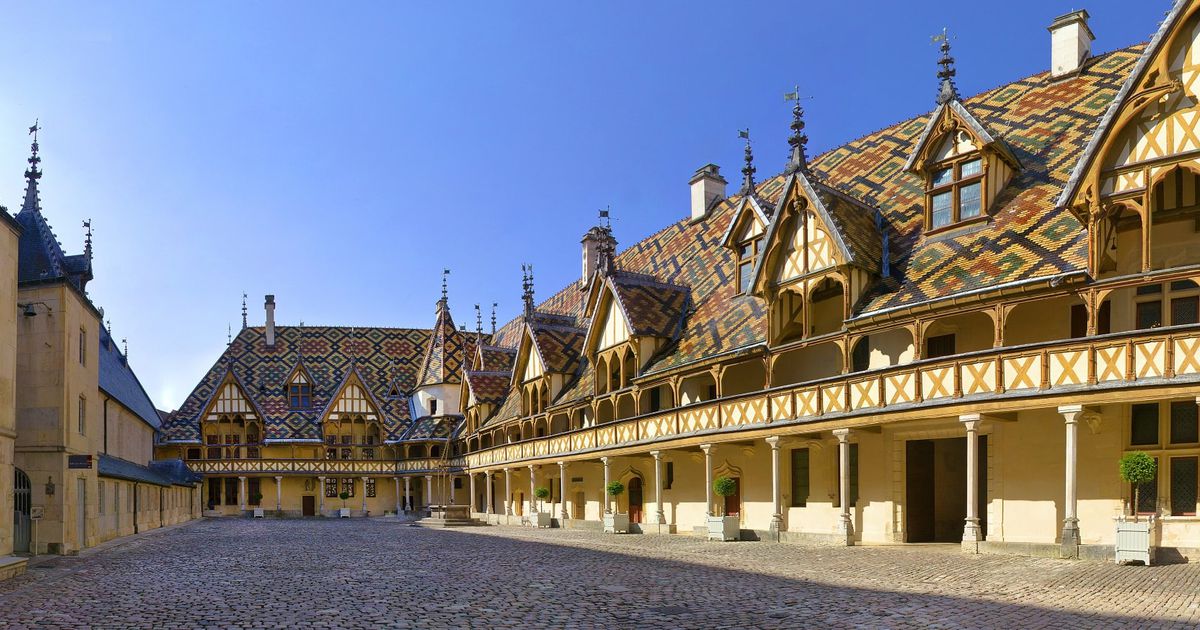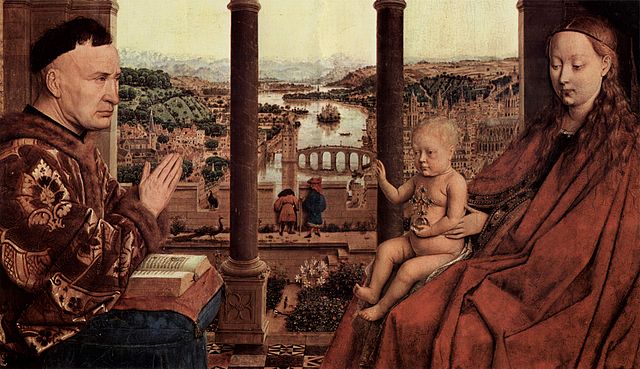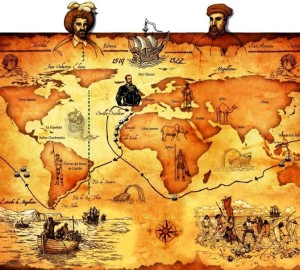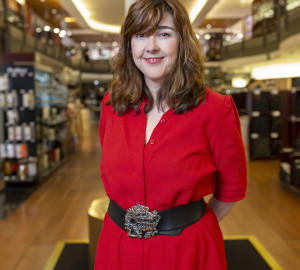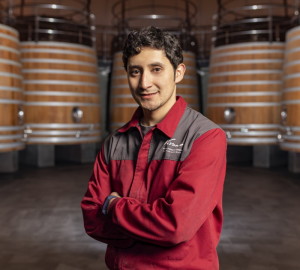During the Middle Ages, hospitals began to flourish all over Europe and wherever the religious orders (Templars and Hospitallers) reached. They were linked to monasteries or orders (such as the Jerusalem hospital of the Order of the Knights of St. John) and staffed mainly by monks or clerics. These hospitals not only cared for the sick but also for pilgrims, the poor, abandoned children... and, unlike lay doctors, these medical monks practised medicine and charity. It was a charitable medicine, limited to a few uncensored treatises and, logically, without any capacity for research or experimentation. Logically, in some surgical intervention - to call it that - one of their patients was left on the operating table and the guilt of a man's death was a heavy and ungrateful burden for those monks who practised medicine out of charity. In 1215, Pope Innocent III decided to put an end to this practice and promulgated the bull Ecclesia abhorret a sanguine (The Church abhors the shedding of blood), which officially forbade clerics from practising surgery. From the 13th century onwards, kings, feudal lords and cities themselves took up this charitable work and founded secular hospitals, such as the Hôtel-Dieu de Beaune in France - the "house of God", which is known as the "Hôtel-Dieu de Beaune" in France - and the "Hôtel-Dieu de Beaune" in France.Hôtel-DieuThe term "house of God" is often used in France to refer to the largest hospital in a town or city.
Plague, bandits and the Hundred Years' War had ravaged the French countryside and peasants were forced to move to the cities in search of protection and food for their families. To care for the sick and, above all, the poor who wandered the streets begging for a crust of bread, Nicolas Rolin, chancellor of the Duke of Burgundy Philip the Good, and Guigone de Salins, his third wife, founded the Hotel-Dieu de Beaune (Hospital or Hospice of Beaune) in 1443. les sœurs hospitalièresa sisterhood of women who would take care of the patients. Moreover, Rolin left everything tied up tight from the beginning. The founding charter, approved by Pope Eugene IV and Philip the Good, provided for tax exemptions for the institution and, above all, for its management and operation to be independent of Church and State.
In 1457, Guillemette Levernier made the first donation of vines to the hospital, a tradition that has been maintained for centuries and which has enabled the hospital to supply itself with a product that is still in use today. with healing properties and to be the source of funding for its upkeep. In 1859 it was decided that wine would be sold at public auction on the third Sunday in November in the large central hall, known as the Hall of the Poor. Today, the wine-growing domain of the hospital is close to 60 hectares (50 hectares of pinot noir and the rest of chardonnay) and produces one of the best wines in Burgundy. The auction, which has been run by Christie's since 2005, has been held continuously and remains a charity auction. In 2015, a record-breaking €480,000 was paid for a cask of Burgundy wine from the Hospice de Beaune. On that occasion, the proceeds went to the victims of the Paris attacks, the Curie Cancer Institute and the Foundation for Cerebral Vascular Accident Research (AVC).
The Virgin and Chancellor Rolin - Jan van Eyck (Louvre Museum)
In the main building, one of the finest examples of French Gothic architecture - listed as a French National Heritage site - and now a museum, one can still see Nicolas' declaration of love for Guigone, the inscription seulle ("only her") on the floor tiles.


